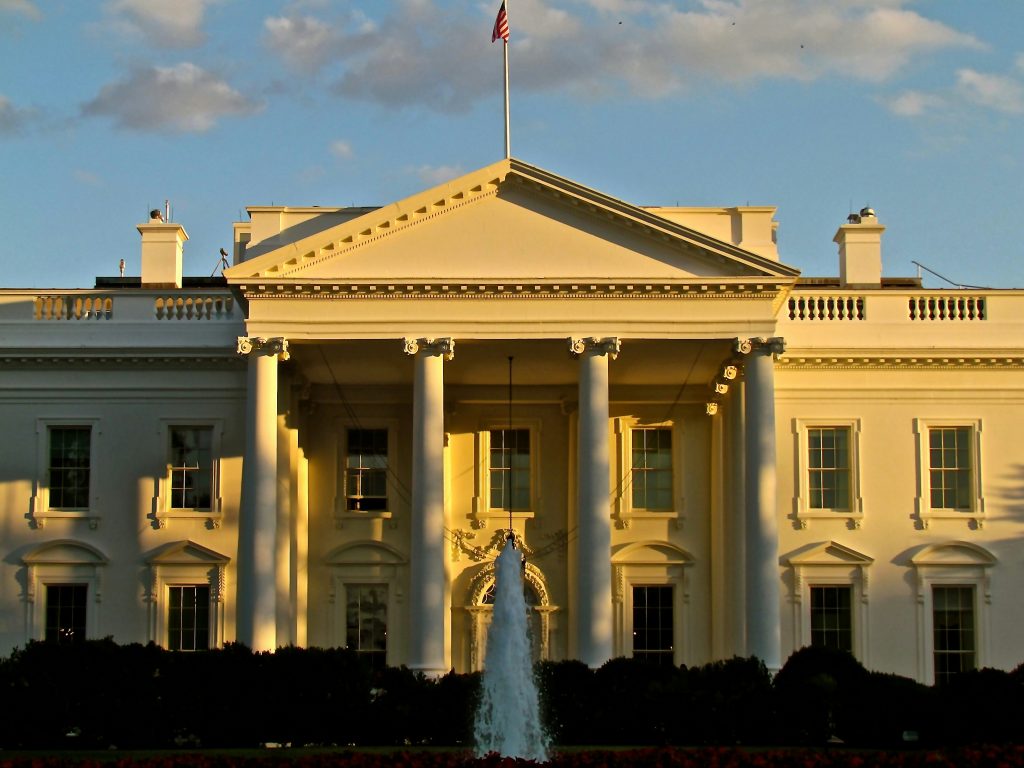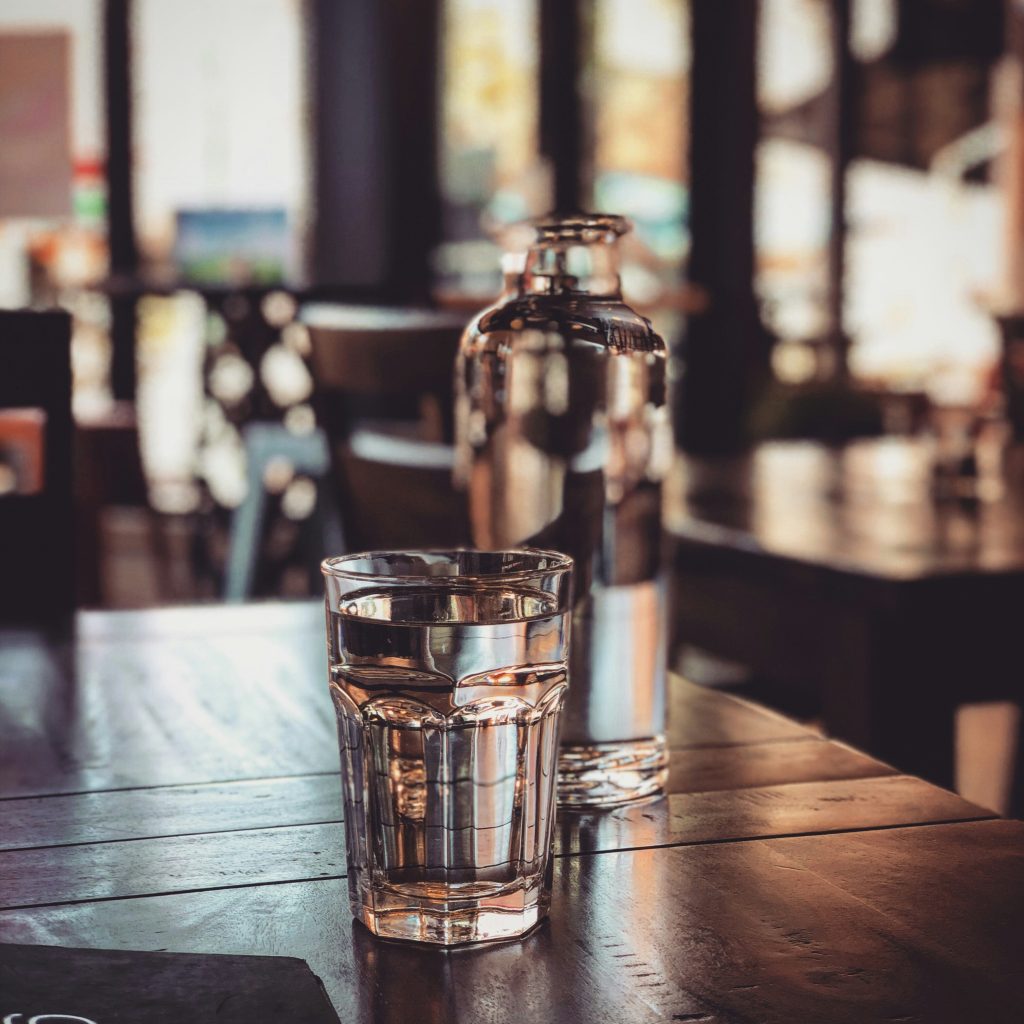Big Tech Gets the Big Tobacco Treatment

By: Quinton Lister*
On October 24, 2023, a group of 41 states, as well as the District of Columbia, filed lawsuits in state and federal courts against Meta Platforms.[1] The states claim violations of the Children’s Online Privacy Protection Act (COPPA), various state consumer protection laws, and even public nuisance.[2] Their claims are based, in part, on 20,000 screenshots of Meta records displaying company research taken by a former employee seeking to shed light on the company’s alleged violations.[3] These records included information about Meta’s own research into how its products, like Instagram, impact teenagers—particularly teenage girls.[4] In general, the complaints allege that Meta misled the public about the potential harms incurred by teenagers who use their products and sought to maximize profit by enhancing the harmful product features while claiming to prioritize health of users.[5]
Mass tort claims against large corporations whose products potentially foster a public health crisis are not new. These lawsuits against Meta are just the most recent iteration of this scenario.[6] Just last year, CVS and Walgreen each settled for $5 billion to resolve lawsuits filed against them for their alleged role in the opioid epidemic.[7] Similarly, Purdue Pharma’s litigation over its role in creating and distributing OxyContin has led to bankruptcy and a controversial potential settlement.[8]
The most interesting question facing Meta is how it will deal with these lawsuits as a corporation. There is a current movement in social science that suggests that social media has addictive qualities.[9] If this is the case, then perhaps the lawsuits against Meta share some qualities with opioid and big tobacco litigation. Analyzing big tobacco cases leads to some interesting conclusions to other potential claims arising out of public health concerns with potentially addictive substances.[10] Mason Leichardt, in a recent law review article, identified multiple strategies used by large tobacco firms that could potentially apply in opioid cases.[11] Because of the success of class action suits and parens patriae claims, it was most effective for tobacco firms to get the court to decertify the class or show that parens patriae standing was inappropriate because the state did not have a “quasi-sovereign interest”.[12] Big tobacco also learned to defend claims vigorously to avoid offensive use of issue preclusion.[13] Showing that a particular industry is regulated by federal law can help preempt state tort law claims.[14] Disclosing all known risks associated with a product up front can help protect against “failure to warn” claims.[15] Finally, big tobacco firms relied on comparative negligence defenses to reduce damage awards.[16]
These suggestions are intuitive and may predict the moves Meta may make in the current litigation facing the corporation. As parens patriae claims have been brought, Meta will likely strive to show that a parens patriae claim is inappropriate and that the states are just nominal parties who do not have a “quasi-sovereign interest” in bringing the claim. They will want to be meticulous in their defenses to give the court a reason to not allow for future plaintiffs to use offensive issue preclusion. They could potentially argue that COPPA and the related regulations preempt any state law claims. Hopefully, Meta would start to disclose any known risks involved in using their platforms to avoid any “failure to warn” type claims. And, while not shocking, Meta would want to lean on comparative negligence to decrease damages in any future state tort law claims. Whether any of these strategies will be effective is not certain, but it would not be surprising if Meta applied any or all of these methods.
* J.D. Candidate, Class of 2025, Sandra Day O’Connor College of Law at Arizona State University.
[1] Jeff Horwitz, States Sue Meta Alleging Harm to Young People on Instagram, Facebook, Wall St. J. (Oct. 24, 2023), https://www.wsj.com/tech/states-sue-meta-alleging-harm-to-young-people-on-instagram-facebook-f9ff4641?mod=mhp.
[2] Complaint for Injunctive and Other Relief at 105, People of the State of California v. Meta Platforms, Inc. et al, (N.D. Cal. 2023) (No. 4:23-cv-05448) [hereinafter Complaint 1]; Complaint and Jury Demand at 88-100, Commonwealth of Massachusetts v. Meta Platforms, Inc. and Instagram, LLC, (Mass. Super. Ct. 2023) (No. 2384CV2397) [hereinafter Complaint 2].
[3] Horwitz, supra note 1.
[4] Georgia Wells et al., Facebook Knows Instagram is Toxic for Teen Girls, Company Documents Show, Wall St. J. (Sept. 14, 2021), https://www.wsj.com/articles/facebook-knows-instagram-is-toxic-for-teen-girls-company-documents-show-11631620739?mod=hp_lead_pos7&mod=article_inline.
[5] See Complaint 1, supra note 2, at 11-105; Complaint 2, supra note 2, at 20-88.
[6] See The Associated Press, CVS and Walgreens Announce Opioid Settlements Totaling $10 Billion, NPR (Nov. 2, 2022, 10:17 AM), https://www.npr.org/2022/11/02/1133523740/cvs-health-agrees-to-a-5-billion-settlement-in-opioid-lawsuits.
[7] CVS and Walgreens did not admit fault in the settlement. Id.
[8] Devan Cole & Ariane de Vogue, Supreme Court Blocks $6 Billion Opioid Settlement That Would Have Given the Sackler Family Immunity, CNN (Updated Aug. 10, 2023, 11:32 PM), https://www.cnn.com/2023/08/10/politics/supreme-court-purdue-pharma-opioid-settlement/index.html.
[9] See Kagan Kircaburun & Mark D. Griffiths, Instagram Addiction and the Big Five of Personality: The Mediating Role of Self-Liking, 7 J. of Behav. Addictions 158, 159 (2018).
[10] See Mason A. Leichhardt, Big Tobacco’s Big Settlement: What Pharmaceutical Companies Can Learn to Protect Themselves in Opioid Litigation, 60 U. Louisville L. Rev. 161 (2021).
[11] Id. at 181.
[12] See id. at 182-85.
[13] See id. at 187.
[14] Id.
[15] Id. at 189.
[16] Id. at 191.


